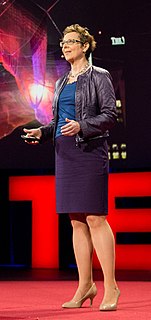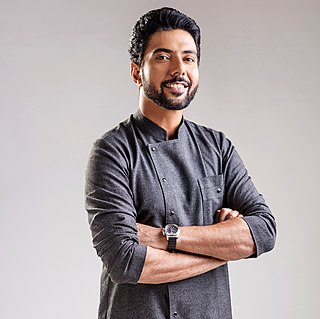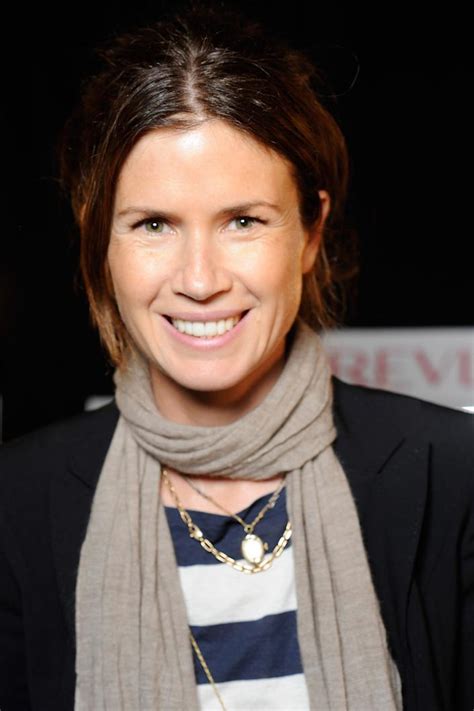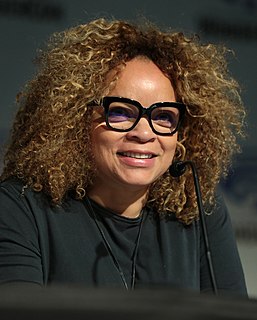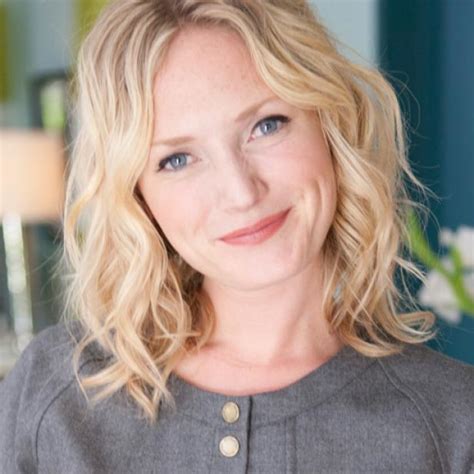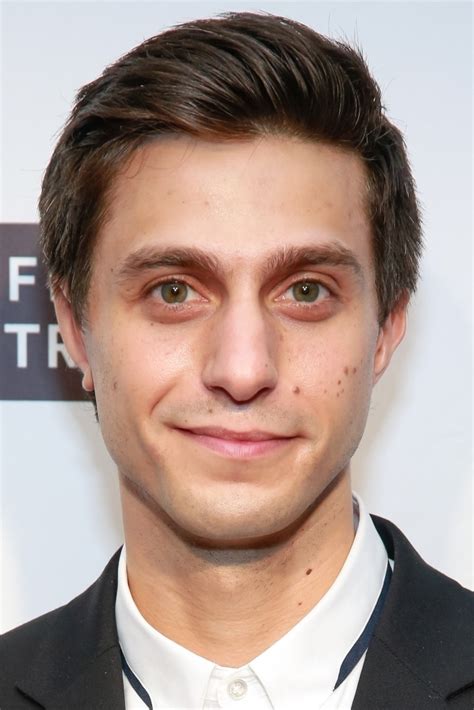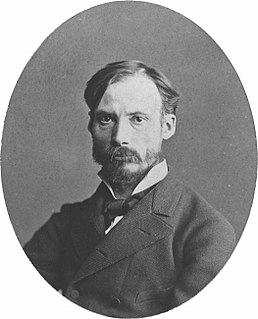A Quote by Chris Milk
I knew a bit about the capabilities of HTML5 and have always had a preoccupation with technology. I wanted to delve deeper, to see what else it could do. The technology becomes the palette that you make the artwork with, your palette and your paint.
Related Quotes
I think it's amazing when technology is used in a smart way, but the responsibility that comes with it... I think there's a lot of technology that we're using that we haven't thought through. It's a bit scary to put all your trust in technology and to think that that's what going to save us. We're going to have to make some compromises.
I've always thought for myself, that's something I want to focus on - color palette and the use of color. Rather than using it in a way that other makeup artists might, I try to enhance the color palette with the girl to really bring out her sickest features and make her look absolutely the best she can.
The color palette grew as the story progressed. The 1920's sharecroppers were muted and neutrals, the 30's and 40's introduced burgundy to the neutral palette. The 1950's introduced green, black and denim blue, the 1960's introduced orange and heavier more saturated color, the 1970's introduced more primaries, and the fashion palette became more recognizable as a contemporary one from there.
People always think of technology as something having silicon in it. But a pencil is technology. Any language is technology. Technology is a tool we use to accomplish a particular task and when one talks about appropriate technology in developing countries, appropriate may mean anything from fire to solar electricity.
Today's photographers think differently. Many can't see real light anymore. They think only in terms of strobe - sure, it all looks beautiful but it's not really seeing. If you have the eyes to see it, the nuances of light are already there on the subject's face. If your thinking is confined to strobe light sources, your palette becomes very mean - which is the reason I photograph only in available light.
Help people to meditate, because there is nothing more creative than meditation. Each art and each creativity can be tremendously enhanced by meditation. If somebody is a painter and he starts meditating, his painting will have a sudden jump, it will become tremendously profound - because whatsoever you paint reflects your mind. If the mind goes deeper, your painting will go deeper. You paint your mind. What else can you paint? You paint yourself.


